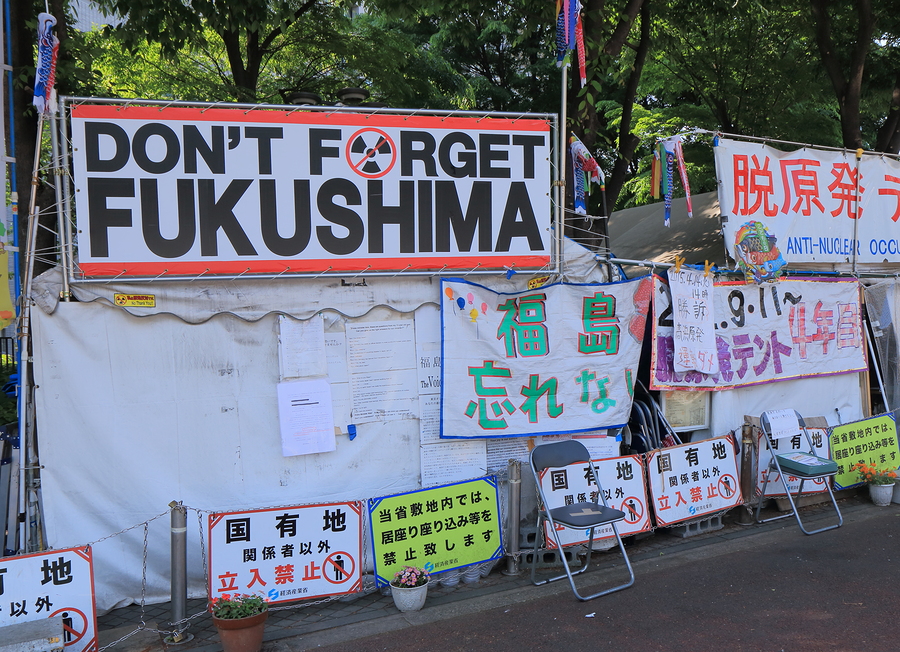Fukushima- And Its Lingering Effects On Fish
It has been nearly five years since the deadly and devastating earthquake and tsunami in Japan that killed 19,000 people (many are still missing) and caused the Fukushima Daiichi nuclear plant meltdown. A new study, published in PNAS, suggests that while the radiation that was released may have lingering effects on fish, it poses little risk to humans from consumption.
Japanese precautions have kept the food chain safe. From the Time article, “Regulators in the country adopted one of the world’s most stringent standards on radiation in seafood following the Fukushima disaster, and most freshwater fish consumed in Japan are raised in fish farms that are less vulnerable than uncontrolled environments like lakes and streams.”
Precisely because of these regulations, the fisheries in the worst affected areas are still closed. But, scientists say that even if someone were to eat fish with higher than normal radiation levels, it is likely they wouldn’t be able to consume enough to cause themselves any real damage.
Freshwater fish and ocean bottom dwellers are the most vulnerable to lingering radiation. The reason is because freshwater fish have a different osmoregulation system (the active regulation of the osmotic pressure of an organism’s body fluids to maintain the homeostasis of the organism’s water content; it maintains the fluid balance and the concentration of electrolytes(salts in solution)to keep the fluids from becoming too diluted or too concentrated)and bottom dwellers are constantly exposed to the ocean floor sediment where cesium(the element Cs)collects. But, the further away the fish are from Fukushima, the risk diminishes.
Ken Buessler, a senior scientist at Woods Hole Oceanographic Institution and not affiliated with the study, says that there are levels to be concerned about and those to not be concerned about. The radiation is in everything; it’s in the fish and what we drink. The bigger issue, in his mind, is how much radiation Fukushima added to the equation.
More from the article in Time:
“Still, researchers say that the Japanese authorities responsible for collecting data on cesium levels should adopt lower detection limits than they currently use that would provide additional insight into the how radiation dissipates after such an accidents. Such information would allow authorities to predict when fisheries can be reopened in a particular region.”
Researchers can say what’s safe to eat and not safe to eat- they just can’t say when the unsafe food will be safe to eat. But, if given the fact that the nuclear disaster at Chernobyl, which happened in 1986 and was worse than Fukushima, took decades to clean up and recover from, Japan has a long road ahead.
Source: Time












